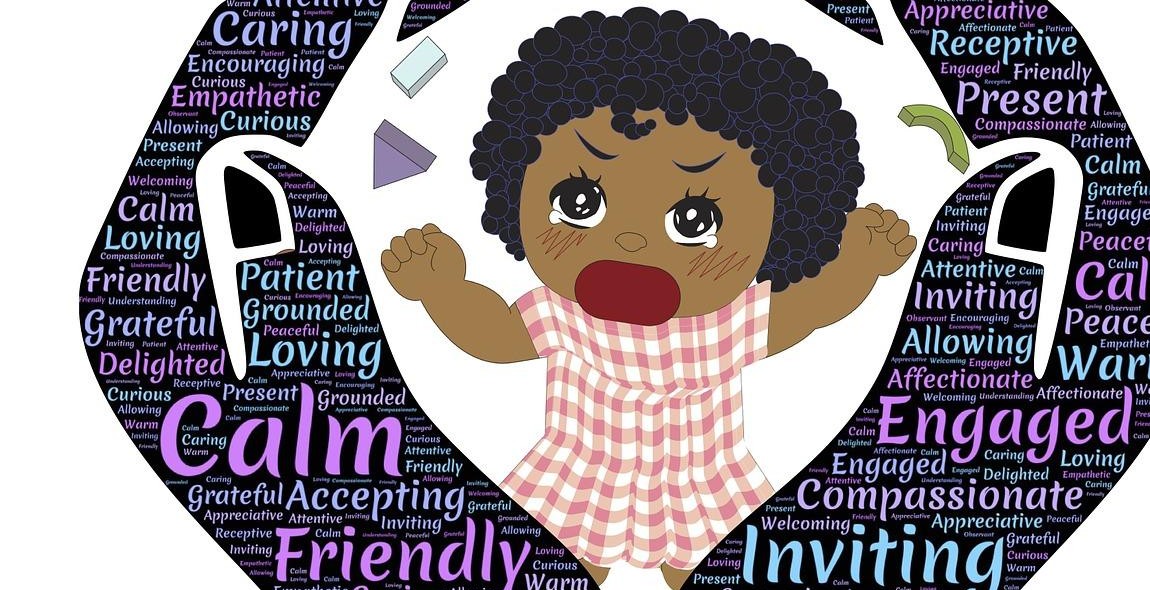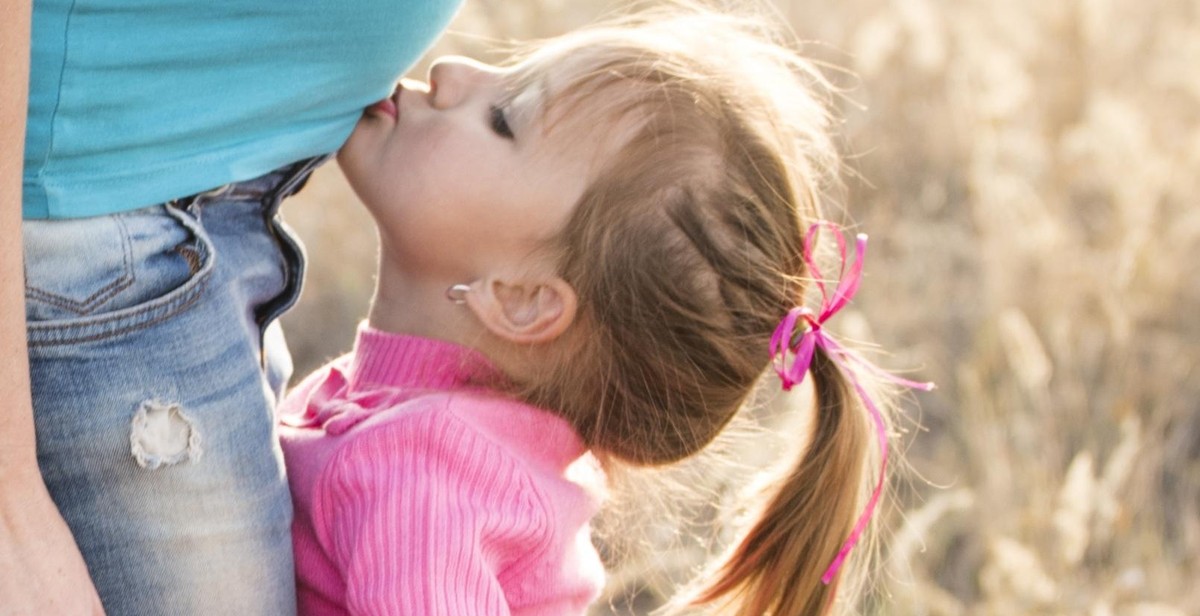From Lovers to Parents: Adjusting to Life After Baby
Having a baby is one of the most life-changing experiences a couple can go through. Suddenly, the focus shifts from just the two of you to a little one who needs your constant attention and care. While the arrival of a new baby is filled with joy and excitement, it can also be a challenging time for couples as they adjust to their new roles as parents.
There are many changes that come with parenthood, from sleepless nights to endless diaper changes. It can be easy to lose sight of your relationship with your partner as you both navigate this new chapter in your lives. However, it’s important to remember that maintaining a strong and healthy relationship is crucial for the well-being of both you and your child.
In this article, we’ll explore some of the common challenges that couples face as they transition from lovers to parents, and provide tips and advice on how to navigate them. From communication to intimacy, we’ll cover everything you need to know to adjust to life after baby.
Challenges of Life After Baby
While every couple’s experience is unique, there are some common challenges that many face when adjusting to life after baby:
- Sleep deprivation
- Increased responsibilities
- Changes in intimacy
- Communication breakdowns
- Financial stress
These challenges can be overwhelming, but with the right tools and support, couples can navigate them successfully and emerge even stronger on the other side.

The Transition: Adjusting to Life After Baby
Having a baby is a life-changing event that brings about many transitions. From the physical changes to the emotional changes, the arrival of a new baby can be overwhelming and challenging to navigate. One of the most significant transitions is adjusting to life as parents.
Physical Changes
The physical changes that come with having a baby can be daunting. Women experience physical changes during pregnancy, but the changes don’t stop there. The postpartum period can be challenging as the body heals, and new mothers adjust to breastfeeding or formula feeding. Sleep deprivation can also take a toll on the body, making it difficult to recover and adjust.
New fathers can also experience physical changes, such as weight gain or loss, sleep deprivation, and changes in hormone levels. It’s essential to remember that both parents need to take care of themselves during this time to ensure they can care for their new baby.
Emotional Changes
Welcoming a new baby into the world can bring about a range of emotions. New parents may feel happy, excited, anxious, overwhelmed, or even sad. It’s essential to acknowledge and accept these emotions and seek support when needed. Postpartum depression is a real issue that affects many new mothers. It’s important to seek help if you experience symptoms such as sadness, loss of interest, or difficulty bonding with your baby.
Changes in Routine
The arrival of a new baby can disrupt the routine of any household. New parents must adjust to a new schedule that revolves around their baby’s needs, including feeding, sleeping, and diaper changes. This can be challenging, especially for parents who are used to a more structured routine. It’s essential to be flexible and patient during this time and remember that it’s okay to ask for help.
- Be flexible and patient during the transition period
- Accept and seek help when needed
- Take care of your physical and emotional wellbeing
Adjusting to life after a baby can be challenging, but it’s also a rewarding experience. By acknowledging the physical changes, emotional changes, and changes in routine, new parents can navigate this transition with more ease and confidence.

Challenges of Parenthood
While the arrival of a baby is a joyful and exciting event, it also comes with its own set of challenges. Parenthood is a major life transition that requires a lot of adjustments. Here are some of the most common challenges parents face:
Sleep Deprivation
One of the biggest challenges of parenthood is the lack of sleep. Newborns require frequent feedings and diaper changes, which can disrupt parents’ sleep patterns. This can lead to exhaustion, irritability, and a lack of focus. Sleep deprivation can also affect parents’ physical and mental health, making it difficult to cope with the demands of parenting.
Relationship Strain
Another challenge of parenthood is the strain it can put on a relationship. The arrival of a baby can disrupt the dynamics of a couple’s relationship. The lack of sleep and added responsibilities can cause stress and tension, leading to arguments and disagreements. It’s important for parents to communicate openly and work together to find solutions to any problems that arise.
Financial Stress
Raising a child can be expensive, and financial stress is a common challenge for new parents. The cost of diapers, formula, and baby gear can add up quickly. In addition, one or both parents may need to take time off work to care for the baby, which can result in a loss of income. It’s important for parents to create a budget and stick to it, and to look for ways to save money where possible.
Overall, parenthood is a rewarding but challenging experience. By acknowledging and addressing these challenges, parents can work together to create a happy and healthy family dynamic.

Adjusting to Parenthood
Adjusting to life after having a baby can be a challenging experience for many couples. It is a time of transition that requires a lot of patience, understanding, and effort. Here are some tips to help you and your partner adjust to this new chapter in your lives:
Communication
Good communication is key to any successful relationship, but it becomes even more essential when you become parents. Make sure that you and your partner are communicating effectively about your needs, expectations, and feelings. Be honest and open with each other, and try to avoid blaming or criticizing one another. Remember that you are both in this together and that you need to work as a team to overcome any challenges that come your way.
Self-Care
It is important to take care of yourself as well as your baby. Make time for self-care activities such as exercise, meditation, or reading. This will help you to feel more relaxed and energized, which in turn can make you a better parent and partner. Don’t be afraid to ask for help from friends or family members if you need a break. Remember that taking care of yourself is not selfish, it is necessary.
Support System
Having a strong support system can make all the difference when adjusting to parenthood. Reach out to friends or family members who can offer emotional support, practical help, or advice. Consider joining a parent support group or attending parenting classes to connect with other new parents who are going through similar experiences. Don’t be afraid to ask for help when you need it.
- Communicate effectively with your partner
- Take care of yourself
- Reach out to your support system
By following these tips, you and your partner can adjust to parenthood and enjoy this new chapter in your lives together.

Conclusion
Adjusting to life after having a baby can be a challenging and overwhelming experience for new parents. It is important to remember that it is normal to feel stressed and anxious during this transition period. However, by taking steps to communicate effectively, prioritize self-care, and seek support when needed, couples can successfully navigate this new chapter in their lives.
One of the most important things couples can do is to make time for each other and prioritize their relationship. This may mean scheduling date nights or simply taking a few minutes each day to check in with one another. It is also important to be patient and understanding with each other as both partners adjust to their new roles as parents.
Self-care is also essential during this time. New parents should not hesitate to ask for help from family and friends, and should make time to engage in activities that bring them joy and relaxation.
Finally, seeking professional support can be incredibly helpful for couples struggling to adjust to life after having a baby. Couples therapy or individual therapy can provide a safe space for partners to work through their feelings and develop strategies for coping with the challenges of parenthood.
With patience, communication, and support, couples can successfully adjust to life after having a baby and continue to build a strong, healthy relationship as they navigate the joys and challenges of parenthood together.
